BoJ left monetary policies unchanged today as widely expected. New economic projections are also released with upgrade in fiscal 2019 and 2020 GDP forecasts. But inflation forecasts was lowered rather sharply for fiscal 2019.
The short term interest rate is held unchanged at -0.1%. And under the yield curve control frame work, BoJ will continue to kept 10-year JGB yield at around 0%, with some upward and downward movements allowed. The annual amount of JGB purchase will be kept at JPY 80T.
Member G. Katakoa dissented as usual, pushing to strengthen monetary easing. Y Harada also dissented again, criticizing that allowing the long-term yields to move upward and downward to some extent was too ambiguous
On economy, BoJ maintained that “Japan’s economy is likely to continue on an expanding trend through fiscal 2020.” Also, “overseas economies are expected to continue growing firmly on the whole, although various developments of late warrant attention such as the trade friction between the United States and China.”
In the new GDP projections, comparing with October forecasts:
- Fiscal 2018 is revised to 0.9% to 1.0% (median 0.9%), down from 1.3% to 1.5% (median 1.4%).
- Fiscal 2019 is revised to 0.7% to 1.0% (median 0.9%), up from 0.8% to 0.9% (median 0.8%).
- Fiscal 2020 is revised to 0.7% to 1.0% (median 1.0%), up from 0.6% to 0.9% (median 0.8%).
The revisions showed that while BoJ is optimistic for 2019, it also sees larger uncertainties.
In new core CPI projections, comparing with October forecasts, and exclude effect of sales tax hike:
- Fiscal 2018 is revised to 0.8% to 0.9% (median 0.8%), down from 0.9% to 1.0% (median 0.9%).
- Fiscal 2019 is revised to 0.8% to 1.1% (median 0.9%), down sharply from 1.3 to 1.5% (median 1.4%).
- Fiscal 2020 is revised to 1.2% to 1.4% (median 1.4%) down from 1.4% to 1.6% (median 1.5%).
The downside revision in fiscal 2019 core CPI is rather steep.




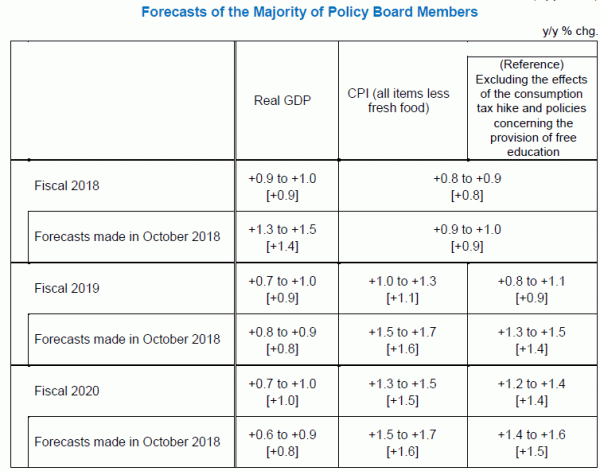
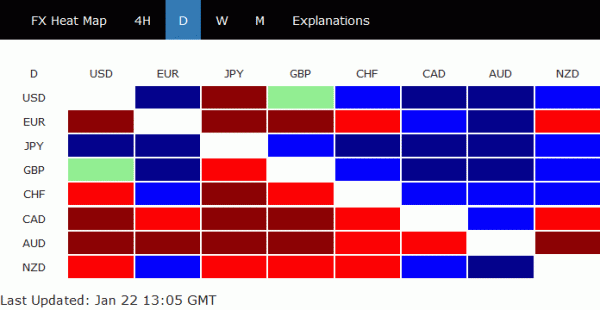
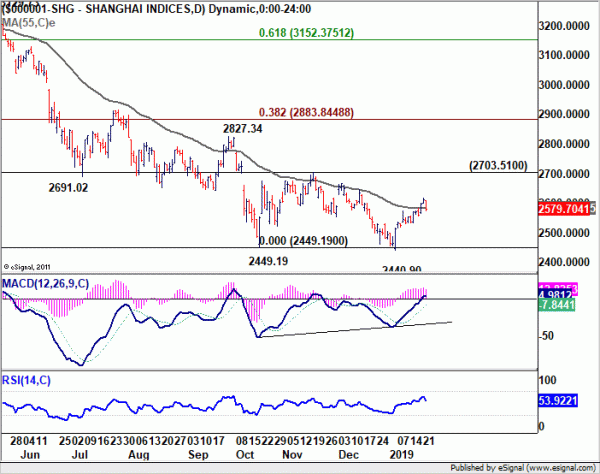
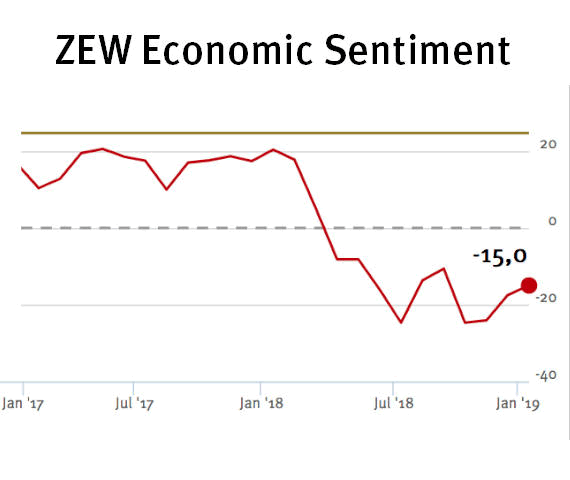
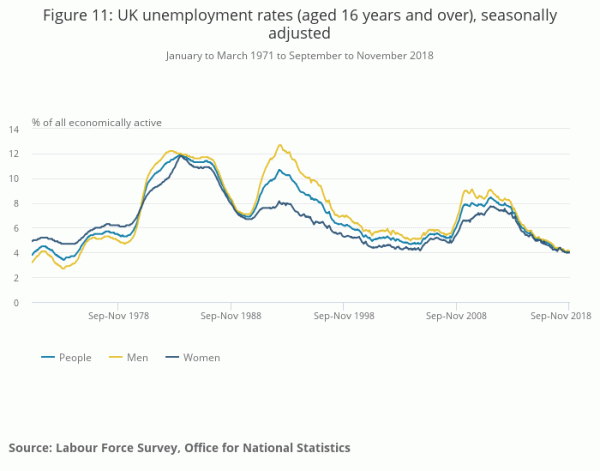
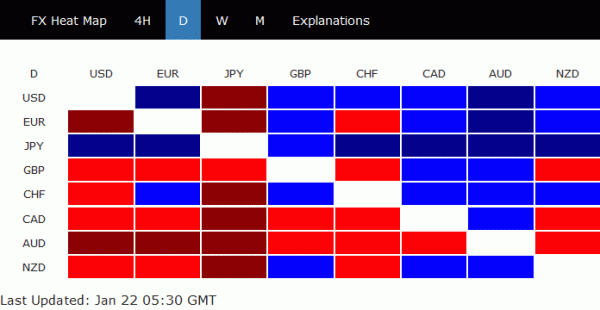
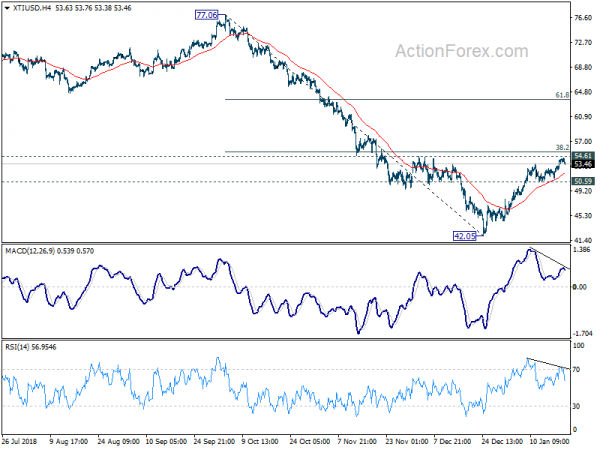
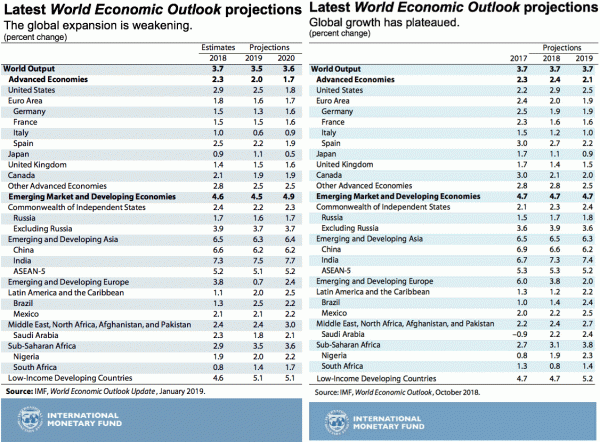

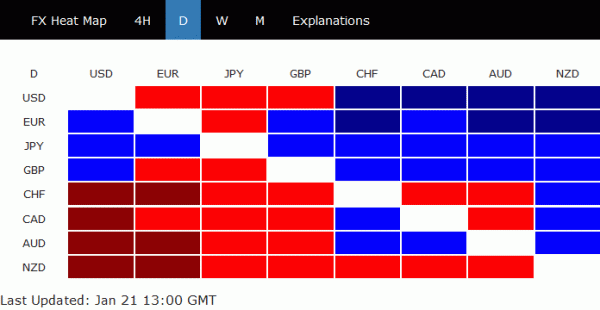

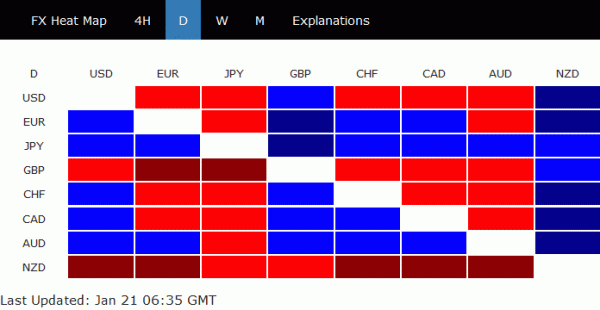

NZD jumps on solid CPI, AUD/NZD complete post flash crash rebound
New Zealand Dollar is lifted notable today but better than expected consumer inflation data. CPI rose 0.1% qoq in Q4 versus expectation of 0.0% qoq. On annual basis, CPI was unchanged at 1.9% yoy, above expectation of 1.8% yoy. The data eased worries that inflation outlook is worsening and chance for a rate cut by RBNZ is reduced. Majority of economists are still expecting the next move to be a hike. But for now, there is no time frame for that move yet.
Meanwhile, the outlook is still clouded by fading momentum in the economy, as show in recent forward-looking indicators. There is question on whether domestic inflation could sustain. And should data ahead disappoint, there bets on rate cut will re-emerge.
Full release here.
AUD/NZD’s fall from 1.0670 accelerates today. Break of 1.0536 minor support now suggests that the rebound from 1.0107 flash crash low has completed at 1.0670 already. Further decline is now in favor back to retest 1.0107.